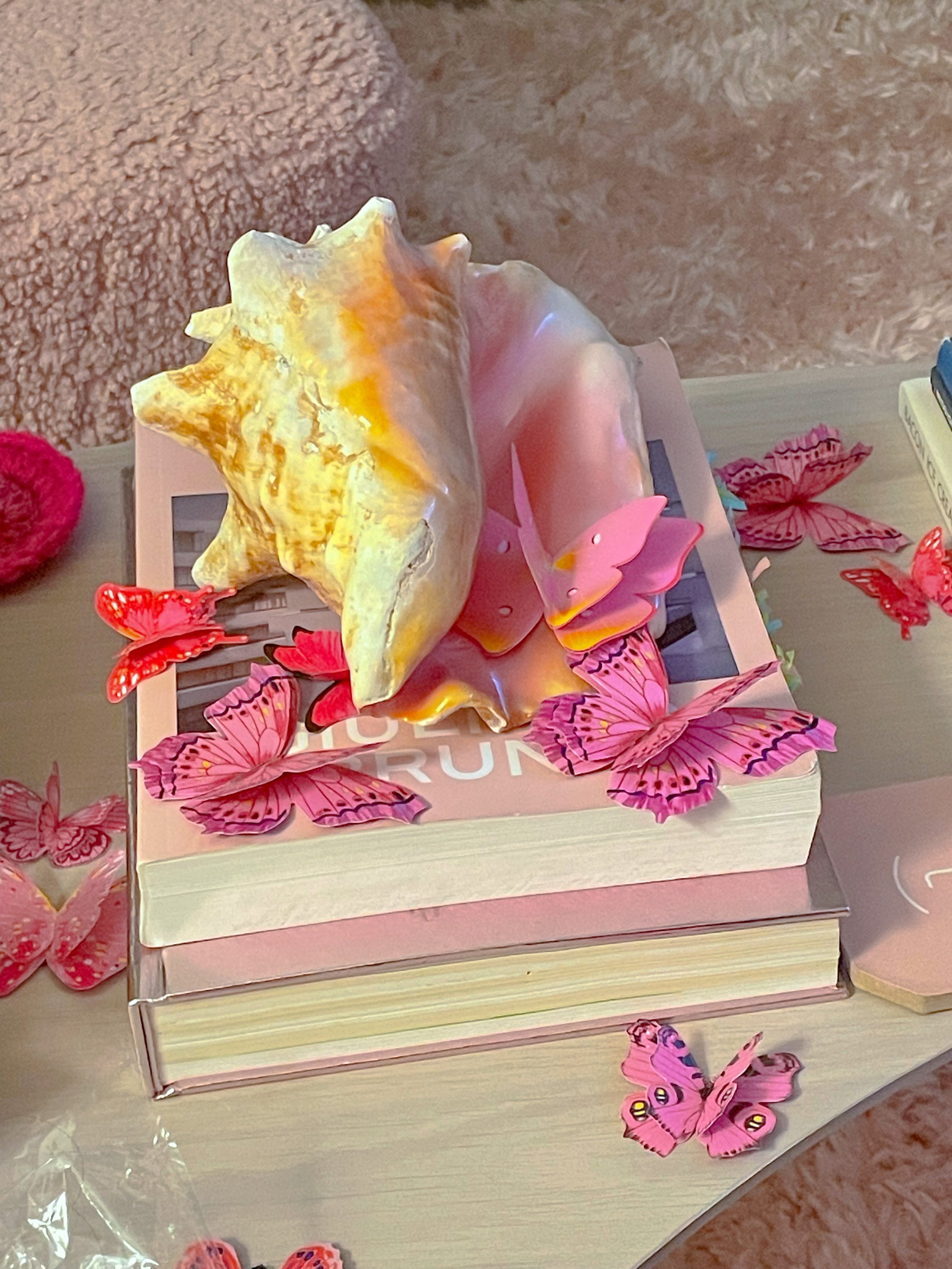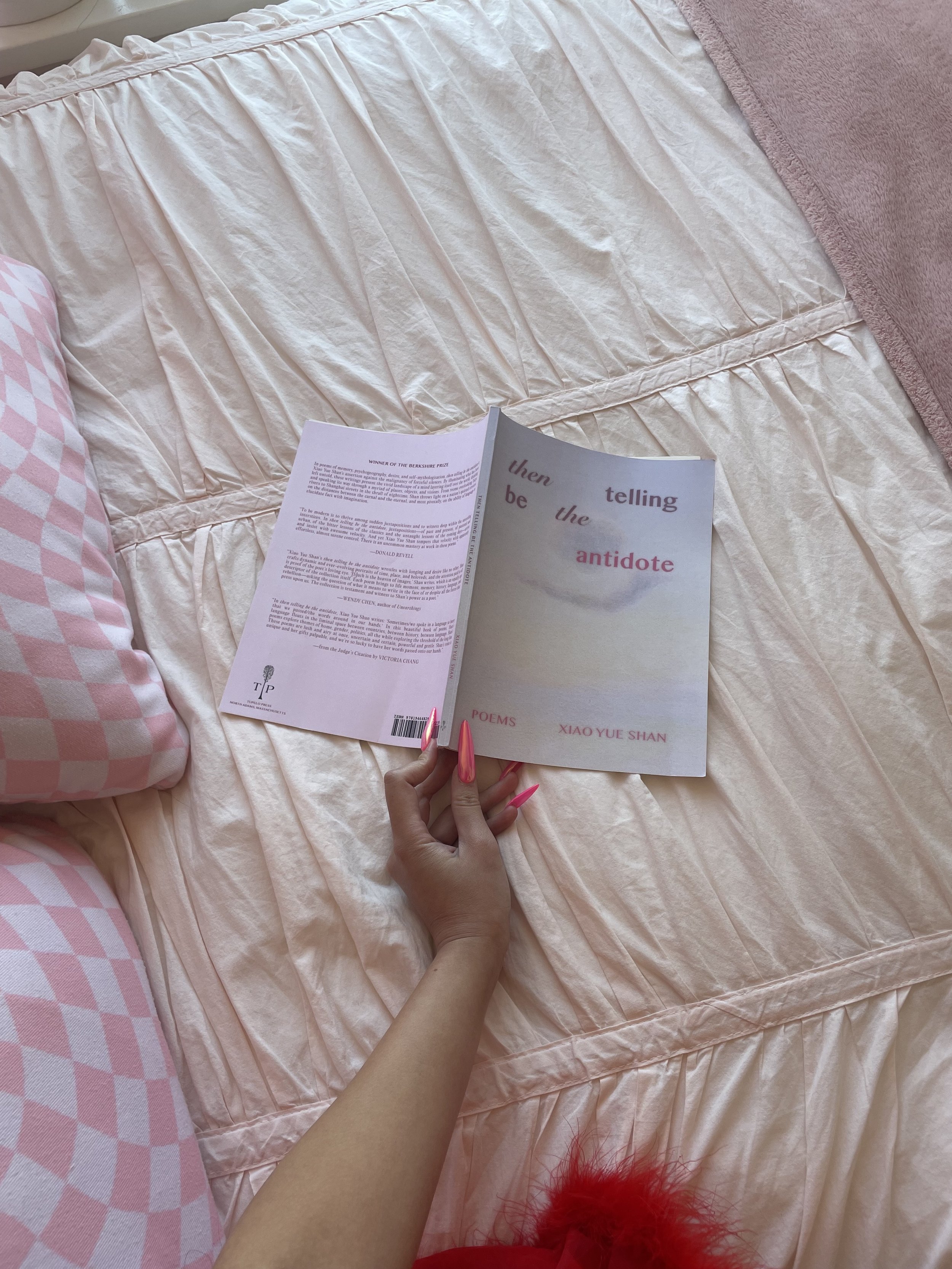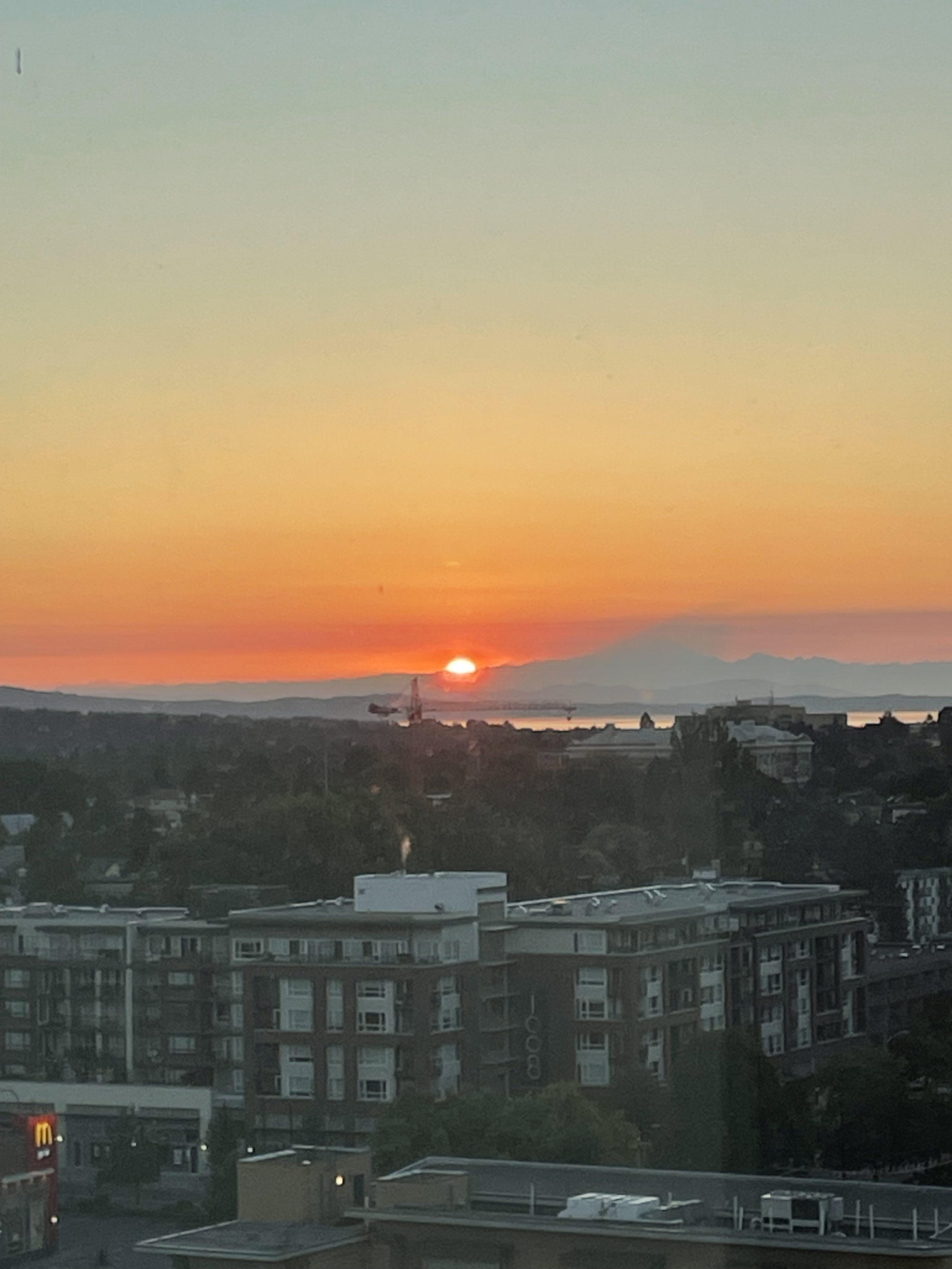AUGUST 2023
the dialogue and mutual mesmerisation of solidity and vacancy in vicente gajardo’s “wall of light”. air and light interpreted by frames, by limits. staggering purposeful arrangement that calls to the long geographical movements, uncontrollable, which gave over these materials.
how loveliness for the growing old
will be to leave—
patricio guzmán’s trilogy of films, comprised of nostalgia for the light, the pearl button, and the cordillera of dreams, displays with incredible force the director’s singular poetry of mirrorings. he perceives the vast in the minute, the earthly in the heavily, and always, always (for it is this that’s the most pivotal), the infinite library of the past in the present. it’s the order of an artist who knows his role in this world of figments and ghosts—to find the traces, to follow them to the story, to combat the forces of silence, and to imagine past where reality puts down its forceful barricades.
angelics, mysteries, blindness, negation, shadows, reflections: the film posters of olga poláčková-vyleťalová and the mesmerising way they seem to keep their stories at some kind of secret centre—until one realises that they are, actually, invitations.
we don’t have to come to any verdict about maria kodama’s life-work and whether or not it was justice for borges’ legacy (what is justice but a bird that changes mid-air), but one cannot deny that at the end of his life, he believed that he needed her.
she’s found a remedy; it’s to write the songs.
how patrick leigh fermor perfectly enacts the refuge we find outside of day and night’s command in the ecstatic days of summer:
These summer nights are short. Going to bed before midnight is unthinkable and talk, wine, moonlight and the warm air are often in league to defer it one, two or three hours more. It seems only a moment after falling asleep out of doors that dawn touches one gently on the shoulder, and, completely refreshed, up one gets, or creeps into the shade or indoors for another luxurious couple of hours. The afternoon is the time for real sleep: into the abyss one goes to emerge when the colours begin to revive and the world to breathe again about five o'clock, ready once more for the rigours and pleasures of the late afternoon, the evening, and the night.
being lulled into a daze by a voice that sings of rains and clouds. . . and love, of course love. . .
Let the oars be idle, my love, and forget at this time
our love like a knife between us
defining the boundaries that we can never cross
nor destroy as we drift into the heart of our dream,
cutting the silence, slyly, the bitter rain in our mouths
and the dark wound closed in behind us.
mitika kanwar’s incredible, honeyed songs. all the sensuality of R&B with the instrumental thrill of the voice’s classicism.
lisel mueller and the power of a title.
writing about ebru ojen’s lojman and thinking about the way it drags along a net in which céline and kristeva have been captured. which then takes me back to kristeva’s phantasmagoric, lurid powers of horror and her inimitable pronunciation of the unseen and the looked-away-from.
alice rohrwacher has an eye for pace. in happy as lazzaro, the eternal steps of myth walks just behind the daily rhythm of work, conversation, and trade, keeping well enough hidden to make its appearance seem that much more incantatory. it’s as if one didn’t know that there was a magic to call upon—then there it was.
I keep discovering these breathtaking works by uruguayan poets. selva casal. amanda berenguer. eduardo espina. it’s thrilling to be on the precipice of this country through these lines, some brief and some stretching all the way into the unseeable elapse, but which all maintain a distinct singularity while speaking, as it seems, to a dense and vivid literary heritage that gives poetry pride. this conviction of literature’s necessity and continual reinvention is what sustains it and allows it to rejoice, to experiment, to look in the mirror.
mark doty’s triumphant declaration:
I’ll tell you
what I’ll inherit, not your pallid temple
but a real palace, the anticipated
and actual memory, the moment floodedby skin and the knowledge of it,
the gesture and its description
—do I need to say it?—the flesh and the word.
that specific pinprick moment in the translation process where an invisible mechanism aligns, the oil of one mind pours to slick the gears of another, and the poem, as if an automaton, stands and suddenly begins to dance.
I always say this, but I love belle & sebastian because they never change. it’s always simple, wondering, and the hours are tired but awake. . .
The water loved me. It wrestled
to keep me one with it. It dragged
and sighed and then forgot me.
nothing compares is sinéad’s story. for a life that has been replete and nearly buried with falsehoods, rumours, slanderous speech, merciless verbal invectives disguised as rectitudes, it is good that we have this film to turn to, where she tells it as she knows it, as she remembers it, as she wants it to be told. it’s as it should be—it’s her story.
the past. . . It shows up one summer in a greatcoat, / storms through the house confiscating, / says it must be paid and quickly, / says it must take everything.
laurie stone’s reminiscing on the fractures in memory and the wholeness of a person who has remained at your side.
noia’s made a brilliant album, gisela. ethereal, somnabulantly dancing, murmurs, twinkles, the voice’s starlight.
If you stay, the fireflies become fireflies
again, not part of your stories,
as unaware of you as sleep, being
beautiful and quiet all around you.
a little story told by franz rogowski while filming transit.
Even without intending to, life came to flee.
Will we provide it with the world it didn’t want,
with ways to imagine what’s beyond?
she’s a travelling angel.
carina lau really did it with this one. . . that scene of infernal affairs has stayed this whole time, hasn’t it?
it’s been a long time since I’d read li-young lee’s poems, but they come back like a lost letter that was always going to find its destination.
what ira sachs has accomplished in passages is an evolution in the vein of what he already did so devastatingly in love is strange, which is to show us, without judgment or moral pronouncement, the way people move in the small allowances of what they had been given in place of freedom. but in this latest film, the irredeemable wreckages of freedom float on the surface, and the one who has careened through all the boundaries continue to propel himself forward. it is that complexity of action and knowledge—the way they intertwine but do not always conform—where the truth of making choices comes and takes our hand, showing us the prism of a mind, which cannot help but refract what passes through it. I was left with some strange understanding, that perhaps those who hurt people thoughtlessly in this way believe, somehow, in their strength to survive.
goodbye to the great palestinian poet zakaria mohammed, who has left us with a most beautiful understanding of how words can carve even the most stubborn stones into statues:
One day I will reach the house
Take the weight off my shoulders and place at the door and go in. No one will be there. I will push the door, enter, and sit in the silence. The setting sun divides the house with its sword into two halves: one dark, one lit. I will sit between the darkness and the light. The past flows behind me like a brook. The future wriggles before me like a snail. And I am without time. There, in the silence, between darkness and light, I will become stone, a statue on a huge sculpted boundary stone. With the chisel, the sculptor’s hand will engrave my thigh: This is the boundary. This is the dam. The past’s waters flow to the past and the future’s the opposite direction.
One day I will be a statue with a broken neck: A hand eaten by darkness and another gnawed by light.



